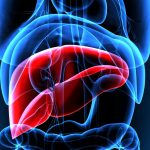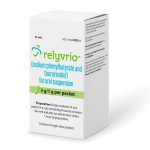
Younger Black Americans face particularly high risks of developing high blood pressure. However, new research finds that when your peers are coaching you to get healthy, it’s more likely you’ll see your numbers improve. The study of nearly 1,600 Black patients living in the southeastern United States found that having a peer coach help manage blood pressure worked even better than standard, doctor-centered care. A lot of the improvement was due to folks simply remembering to take their blood pressure meds. “We were not surprised to see this greater benefit in younger patients,” said first author and study lead Dr. Monika Safford. “We know this is a population that has more room for improvement, because they are less likely to take their medications regularly.” Safford is chief of general internal medicine at Weill Cornell Medicine and NewYork-Presbyterian/Weill Cornell Medical Center, in New York City. The study group consisted of Black Americans averaging 58 years of age, treated at rural health centers in Alabama and North Carolina. All had uncontrolled high blood pressure at the start of the study, which ran from 2016 through 2021. Folks either received “usual care” for their hypertension (patients were educated about blood pressure and given a monitor to use at home), or they got usual care enhanced with peer coaches — non-clinicians who were trained to give participants information, support… read on > read on >





























-300x200.jpg)







-300x169.jpg)
